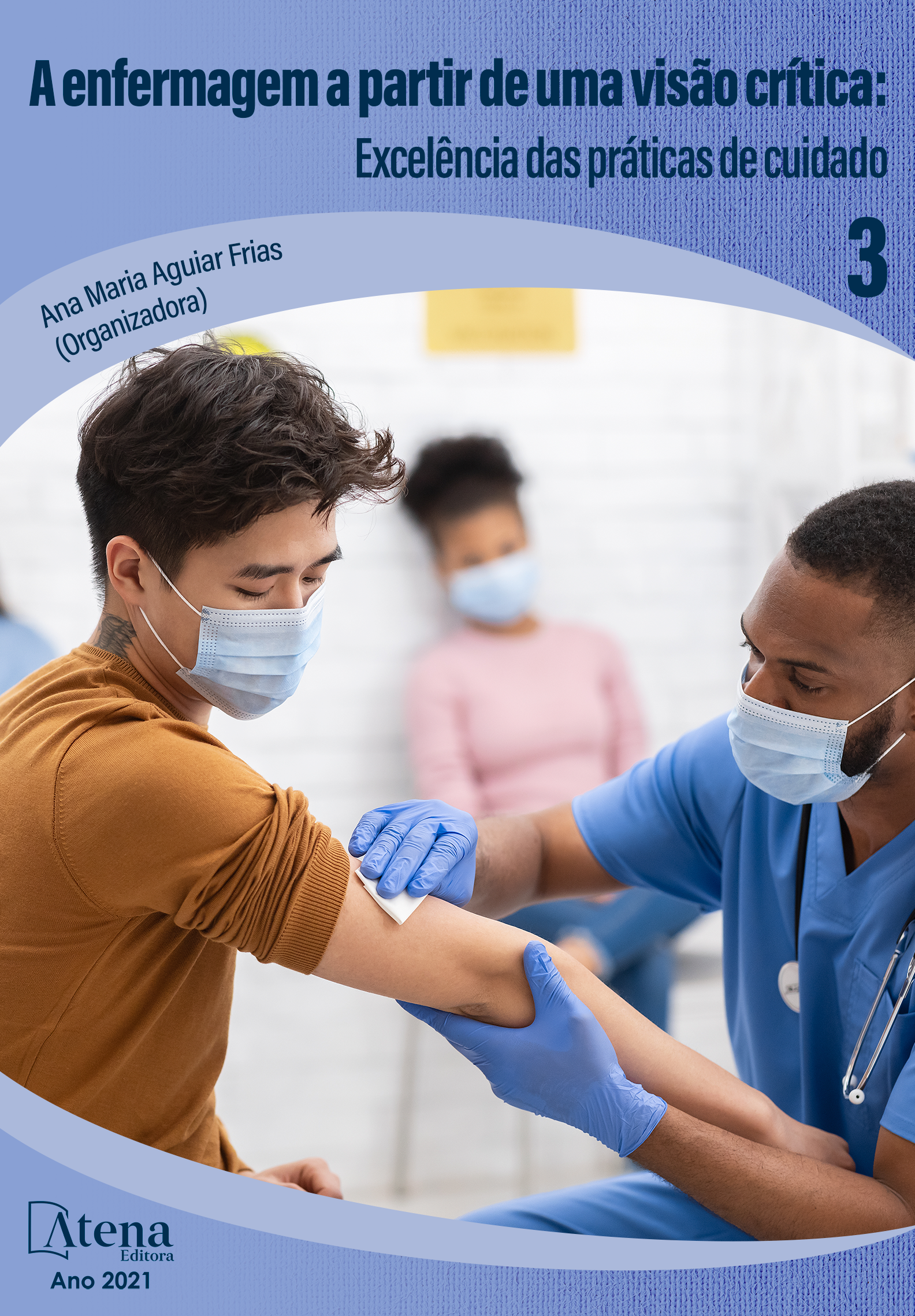
O CENTRO DE ATENÇÃO PSICOSSOCIAL (CAPS) NO CUIDADO E INTEGRAÇÃO DO PACIENTE COM SUA FAMÍLIA E COMUNIDADE: RELATO DE EXPERIÊNCIA NA DISCIPLINA SAÚDE MENTAL.
A reforma psiquiátrica no Brasil criou diversas ferramentas de aproximação da assistência à saúde mental com a comunidade, entre estas, destaca-se o Centro de Atenção Psicossocial (CAPS), um modelo que diverge da hospitalização de pacientes psiquiátricos, trazendo-os, juntamente com seus familiares para uma unidade de saúde especializadas no acolhimento comunitário, atuando na recuperação da saúde mental e na integração do paciente ao meio familiar e social. Existem vários tipos de CAPS voltados para uma população específica, cujo objetivo é o atendimento prioritário de pessoas em intenso sofrimento psíquico decorrente de transtornos mentais graves e persistentes, incluindo aqueles relacionados ao uso abusivo de substâncias psicoativas, e outras situações clínicas que impossibilitem o estabelecimento de laços sociais e a realização de projetos de vida. Este relato versa sobre a visita técnica cujo objetivo foi de ampliação e consolidação de conhecimentos relacionados aos cuidados prestados aos pacientes com transtornos mentais ou patologias psiquiátricas em acompanhamento no CAPS II. A visita ocorreu no segundo semestre de 2019 atendendo ao direcionamento da disciplina de Saúde Mental do UNESC, envolvendo acadêmicos dos cursos de Enfermagem e Medicina, essa que teve a supervisão e orientação do professor responsável e do coordenador do CAPS II. A experiência desvelou diversos aspectos importantes sobre a rede de saúde mental no município de Colatina-ES. Foi possível observar que o CAPS oferta serviços como: acompanhamento psiquiátrico, atendimentos com psicólogo, enfermeiro, assistente social, médico, o desenvolvimento de oficinas terapêuticas e atividades em grupo, além de reuniões semanais com a equipe multidisciplinar para discussão da melhor forma de abordagem ao usuário. Resta-nos admitir que a experiência possibilitou a troca de saberes entre os profissionais, usuários e acadêmicos, favorecendo uma maior compreensão sobre a importância do serviço, resultando assim em um enorme ganho para o futuro profissional.
O CENTRO DE ATENÇÃO PSICOSSOCIAL (CAPS) NO CUIDADO E INTEGRAÇÃO DO PACIENTE COM SUA FAMÍLIA E COMUNIDADE: RELATO DE EXPERIÊNCIA NA DISCIPLINA SAÚDE MENTAL.
-
DOI: 10.22533/at.ed.57021160916
-
Palavras-chave: Saúde Mental, Assistência à Saúde Mental, Conhecimentos, Atitudes e Prática em Saúde.
-
Keywords: Mental health, Mental Health Assistance, Health Knowledge, Attitudes, Practice.
-
Abstract:
The psychiatric reform in Brazil has created several tools for bringing mental health care closer to the community, among which the Psychosocial Care Center (CAPS) stands out, a model that diverges from the hospitalization of psychiatric patients, bringing them together with their family members, to a health unit specialized in community care, working in the recovery of mental health and in the patient's integration into the family and social environment. There are several types of CAPS aimed at a specific population, whose objective is the priority care of people in intense psychological distress resulting from severe and persistent mental disorders, including those related to the abuse of psychoactive substances, and other clinical situations that make it impossible to establish social ties and the realization of life projects. This report is about the technical visit whose objective was to expand and consolidate knowledge related to the care provided to patients with mental disorders or psychiatric pathologies in follow-up at CAPS II. The visit took place in the second half of 2019, in line with the direction of the Mental Health course at UNESC, involving students from the Nursing and Medicine courses, which had the supervision and guidance of the responsible professor and the coordinator of CAPS II. The experience revealed several important aspects about the mental health network in the city of Colatina-ES. It was possible to observe that the CAPS offers services such as: psychiatric follow-up, consultations with a psychologist, nurse, social worker, doctor, the development of therapeutic workshops and group activities, in addition to weekly meetings with the multidisciplinary team to discuss the best way to approach the user. It remains for us to admit that the experience enabled the exchange of knowledge between professionals, users and academics, favoring a greater understanding of the importance of the service, thus resulting in a huge gain for the future professional.
-
Número de páginas: 10
- Luciano Antonio Rodrigues
- Adriene de Freitas Moreno Rodrigues
- Beatriz Piontkovsky da Silva
- Julia Portugal Maia
- Carolina Guidone Coutinho
- Fabíola Moraes Talhati Rangel
- Lucas Patrick Rodrigues Furtado
- Amanda Laurindo Tavares
- Greice Kelly Palmeira Campos
- Jocássia Adam Lauvers Patrício
- Izabela Silva Breda


